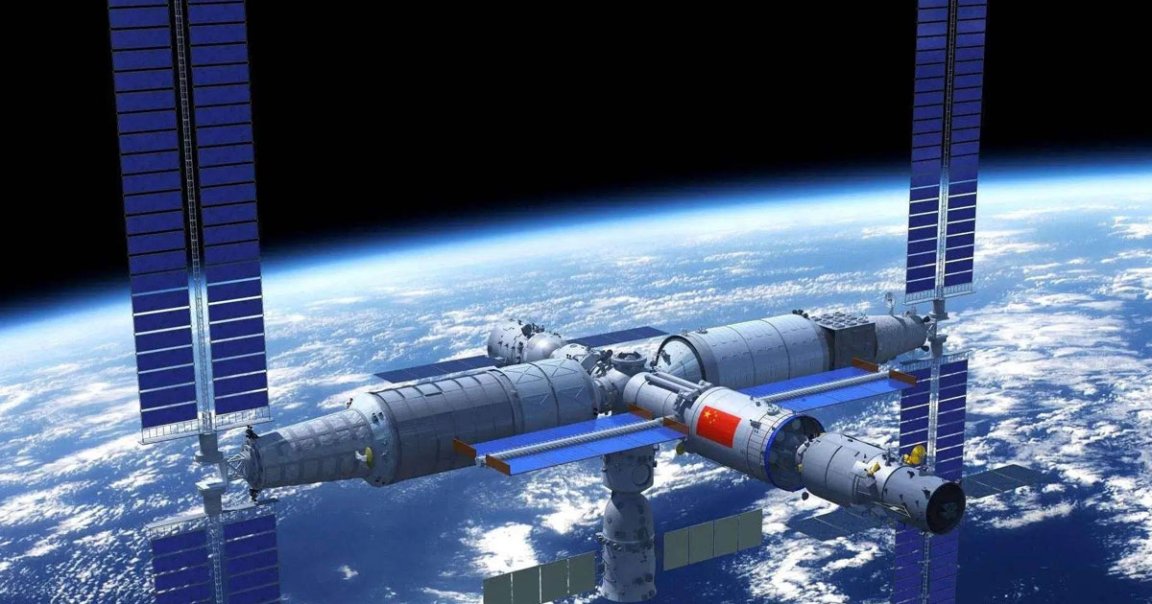
Room for Activities
In a matter of less than two years, China assembled three modules of its space station dubbed Tiangong, an orbital habitat that can accommodate a crew of three astronauts.
And while it’s still significantly smaller than the International Space Station — which took well over a decade to complete — that could soon change.
China is now planning to expand the station with an additional three modules, Reuters reports, offering the country and its international partners an important alternative to the ISS, which is set to be retired by the end of the decade.
Even with the additional three modules, Tiangong will still be only about 40 percent of the mass of the ISS, per the report — but a growing space for research in orbit is still arguably a lot better than not having one at all.
Heavenly Palace
Space contractor the China Academy of Space Technology (CAST) announced this week that the station’s lifespan will also be 15 — not the previously announced ten — years, according to Reuters, meaning that it’ll outlive the ISS by several years if things go according to plan.
NASA astronauts are technically not allowed to visit the new station, as US law forbids any collaboration between China and the space agency.
China, however, has said its airlocks are open to international astronauts.
Meanwhile, NASA is encouraging the private space industry in the US to build private space stations. While companies like Axiom Space have broken ground on developing segments of such a habitat, we still have yet to hear of any concrete plans to start launching modules into orbit.
Russia also announced last year that it’s planning to construct its own space station for a crew of up to four cosmonauts, though its recent track record in space renders the credibility of that plan shaky at best.
With the ISS soon out of the picture, our permanent presence in Earth’s orbit is about to look significantly different. And with China making massive leaps in exploring our corner of the solar system, it’s become the world power to watch.
More on the station: Chinese Astronaut Lights Match in Space